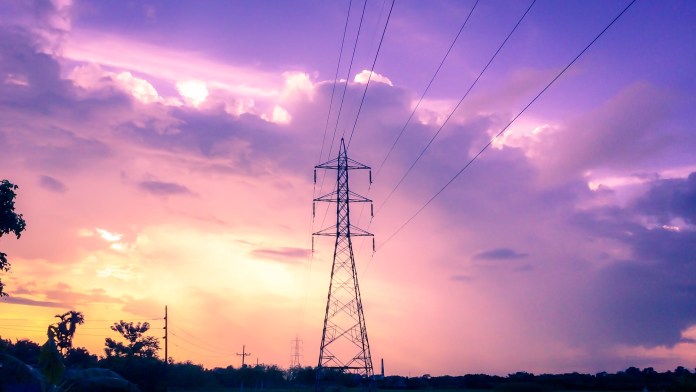
The Appellate Tribunal for Electricity delivered a significant judgment on 10th July 2025 in a batch of appeals involving the Punjab Energy Development Agency (PEDA), various solar and hydro power developers, and the Punjab State Electricity Regulatory Commission (PSERC). The appeals primarily revolved around the powers of the State Commission to adjudicate disputes involving entities like PEDA, which is neither a licensee nor a generating company under the Electricity Act, 2003.

Several appeals were filed against PSERC’s orders directing PEDA to refund performance bank guarantees (PBGs) or provide relief in matters involving delays in project commissioning. In one instance, a hydroelectric project by a private developer faced local objections and required infrastructure modifications. A tripartite agreement was executed with PEDA and the Punjab State Power Corporation Limited (PSPCL), and the company later approached PSERC seeking compensation for additional costs. While PSERC refused to revise the tariff, it allowed cost recovery for infrastructure works from PEDA’s energy share.
Similarly, solar project developers, including Mihit Solar Pvt. Ltd. and others, had sought relief from PSERC for delays in commissioning their projects and prayed for extension of the commercial operation date (COD) and release of PBGs. PSERC granted partial extensions and directed PEDA to return the guarantees accordingly. PEDA challenged these orders, questioning whether PSERC could issue directions to a non-licensee, non-generator entity like itself.

The Tribunal analyzed Section 86(1)(f) of the Electricity Act, which empowers State Commissions to adjudicate disputes between licensees and generating companies. PEDA argued that the Commission lacked jurisdiction since it is not a party defined under the section. However, power developers and PSERC maintained that since PEDA is involved in project implementation and the agreements are linked with Power Purchase Agreements (PPAs), PEDA is a necessary party in such disputes.
After reviewing various judgments, including those of the Supreme Court and past orders of the Tribunal, it was concluded that the Commission has the power to regulate interconnected agreements and processes under its broad regulatory functions under Section 86(1)(b). The Tribunal held that activities undertaken by PEDA in the energy procurement chain, such as issuing tenders and signing implementation agreements, fall within the ambit of regulation. It emphasized that the Commission’s jurisdiction extends to regulating processes involving such agencies when they are linked to power generation and procurement.
The Tribunal thus upheld the Commission’s right to issue directions to PEDA in specific cases where its actions are interwoven with agreements affecting tariff, project delivery timelines, and contractual obligations tied to energy supply. This judgment clarifies the regulatory scope of State Commissions and reinforces the accountability of nodal agencies like PEDA in India’s renewable energy framework.
Related
